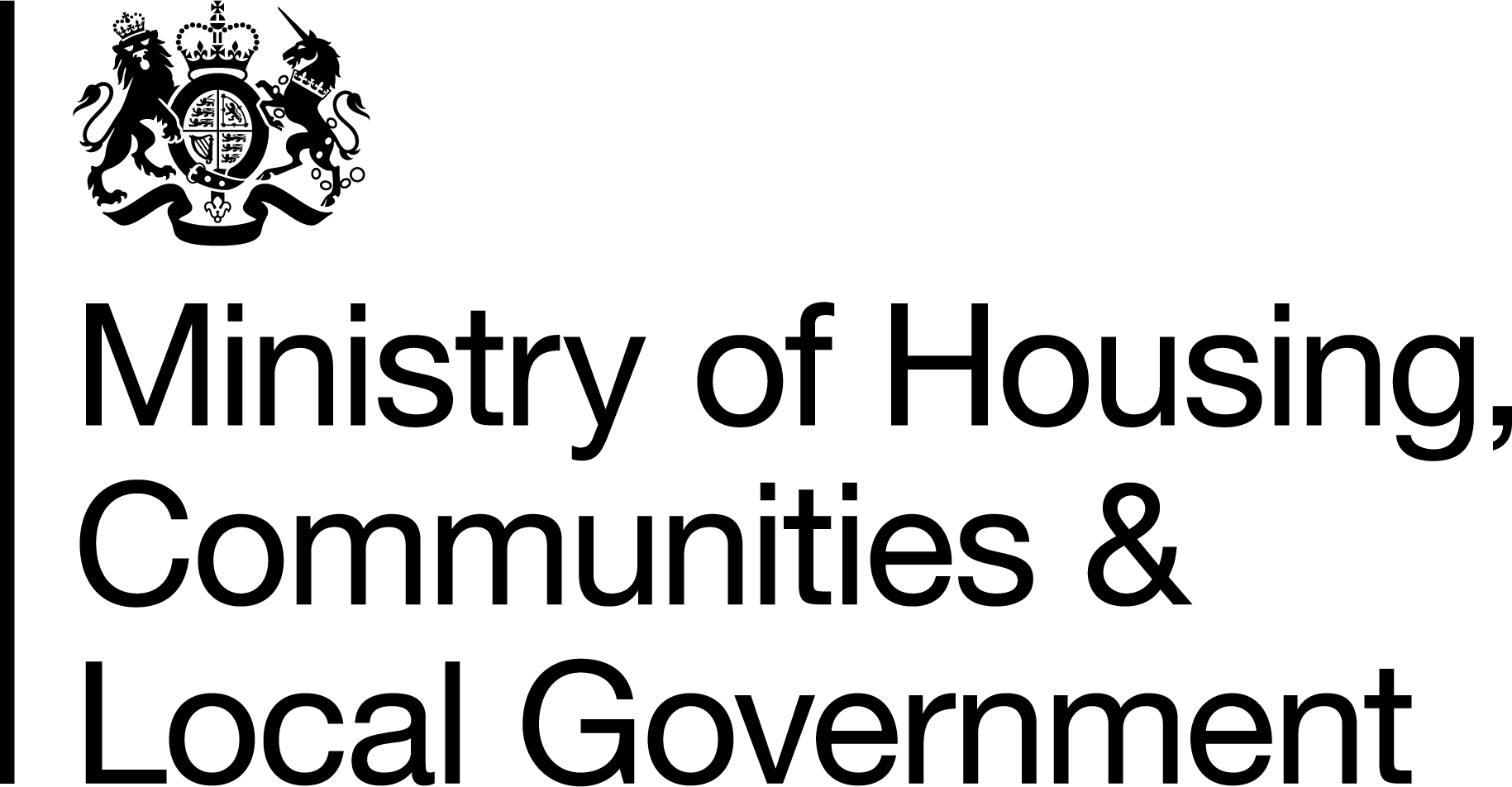Home Buying and Selling Reform
Introduction
Our current home buying and selling system isn’t working
Buying a home is for many people the most important purchase of their lives. Each year, around 1.2 million residential property transactions take place in the UK with support from estate agents, conveyancers, surveyors, mortgage lenders, and many others across the professional sector.[1]
The process underpins the wider housing market and carries significant economic weight, contributing around £100bn annually to the UK economy and employing 1.2m people.[2]
A well-functioning system allows people to move into the right homes at the right time, enables households to put down roots in a community and supports labour mobility by making it easier to relocate for jobs. Its impact also extends beyond housing into sectors such as removals, construction, retail, and commercial property. Ensuring the process is swift, seamless, and reliable, therefore matters not just for individuals but for the economy as a whole.
However, the current home buying and selling process is long, complicated and frustrating. It takes an average of 120 days to complete once the buyer’s offer has been accepted,[3] and transaction times have increased by 60% since to 2007.[4] Around 1 in 3 transactions fail, costing buyers and sellers around £400m per year in wasted costs.[5] Older people often face particular challenges when looking to move or downsize with lengthy and uncertain processes deterring them from selling homes that no longer meet their needs.
These inefficiencies have consequences for the housing market and broader economy. Slow transactions reduce the demand for and the supply of homes, contributing to housing shortages and affordability pressures. Bottlenecks restrict the jobs market by making it harder for individuals to relocate to advance their careers. Sellers, especially older people or those looking to trade down, are often deterred by the hassle and uncertainty of the process, which in turn means fewer homes are listed.
A key reason for these inefficiencies is that consumers and professionals do not have access to the right information at the right time. Problems such as damp or a lack of planning permission for alterations often only emerge after an offer has been accepted. Progress is further hampered by the lack of digitalisation across the process, with many steps still reliant on paperwork and disconnected systems. Even once a sale progresses, consumers often face months without updates and lose thousands of pounds if their chain collapses. Frustration is compounded by the lack of clearly defined standards for some property professionals, meaning buyers and sellers may not receive the service they deserve or know who to turn to when things go wrong.
Other countries show that the system can be better. In Norway, transactions complete in four weeks or less, with digitisation driving estimated savings of up to £1bn over 10 years. Even within the UK, in Scotland upfront information and more binding contracts are already resulting in fewer fall throughs. Many countries avoid the complexity of leasehold by using forms of commonhold, where standardised terms set out in legislation make rights and obligations clear, leading to simpler, cheaper conveyancing and faster transactions. While systems cannot be copied wholesale, there are clear lessons for our property system.
A vision for the future
We want to deliver a faster, more reliable home buying and selling system, driven by informed consumers, innovative technology and high-standard professional services.
Buyers, sellers and property professionals should have the right information at the right time, making transactions simpler and faster. Consumers should understand the role of property professionals, be able to compare firms’ expertise and performance, and know that their estate agent meets defined professional standards, which help transactions run smoothly and support informed decisions.
Technology must underpin this change. Consistent, trusted data and digital tools will allow consumers to complete tasks and track progress in real time, wherever they are. We also want to give consumers greater certainty through earlier binding agreements.
Together, the proposals in the following pages could create a system that is more streamlined, less stressful, and fit for the future. These reforms would support the wider government agenda to unlock housing supply, improve affordability, and support the delivery of 1.5 million homes over the next parliament. A modernised home buying and selling system is essential to achieving this ambition.
Our approach
We are consulting on proposals to deliver the vision above and address the longstanding issues with our home buying and selling. Subject to the outcome of this consultation, we will publish a roadmap setting out how government will transform home buying and selling over the course of this parliament.
Previous attempts to improve the process did not deliver lasting change. We want to ensure future reforms are practical, enforceable, and built to last, and that both consumers and professionals can be assured that the system will change in a meaningful and sustainable way. That is why we believe a roadmap which sets out clear implementation plans for our commitments in the years to come is necessary.
We recognise the following proposals represent a significant change for the sector and are therefore consulting to ensure we have sought input from professionals, consumers and the general public before publishing a finalised roadmap. This consultation will seek views over a 12-week period and a roadmap will be published in winter 2025/26.
The territorial extent of any future reforms will depend on consultation outcomes and any subsequent legislation. We recognise that housing and conveyancing systems differ across the UK, with a distinct framework in Scotland. As part of this consultation process we invite perspectives from across England, Wales, Scotland and Northern Ireland to help shape finalised proposals.
[1] HMRC statistics – Property transactions in the UK
[2] 2023, Geospatial Commission, Building Better Decision Making
[3] 2025, Landmark Information Group, Transaction times rise despite slower market - research
[4] Feb 2025 Landmark Information Group, Transaction times rise despite slower market - research
[5] 2023, TPX Impact research for MHCLG, unpublished
